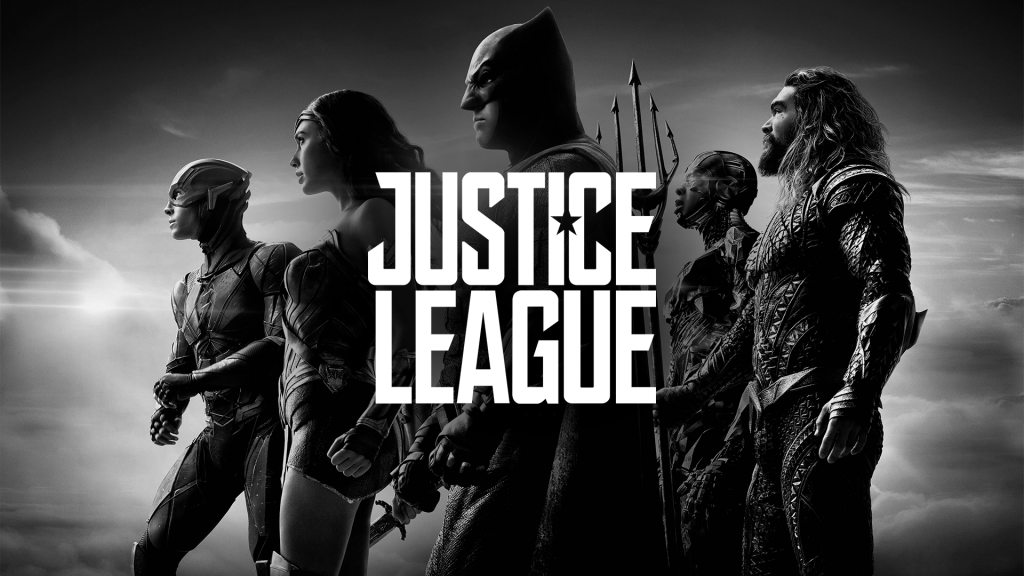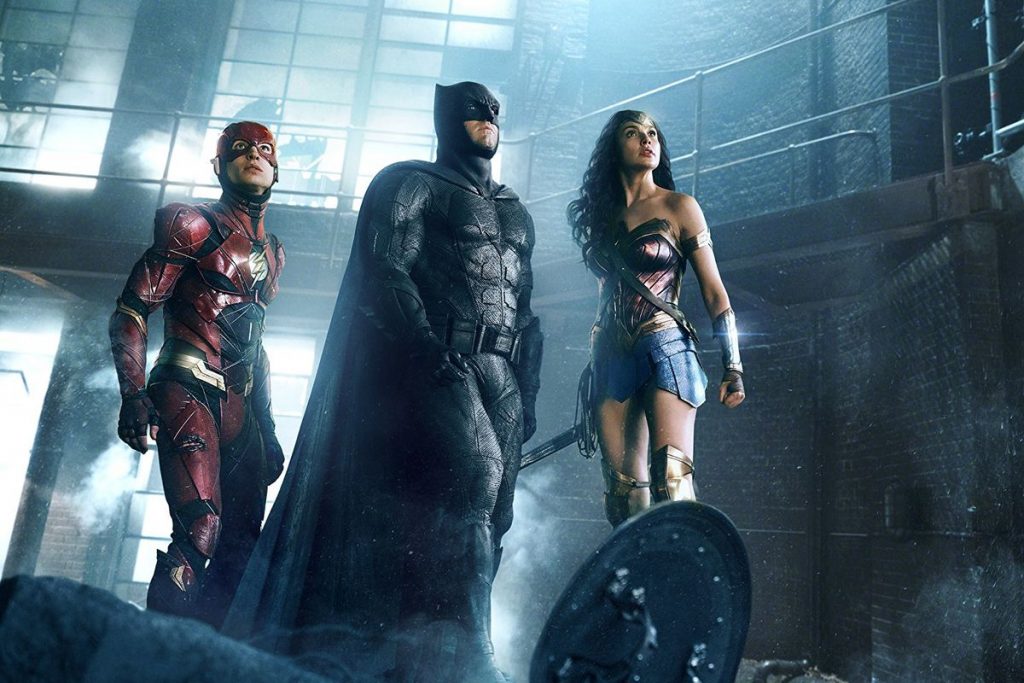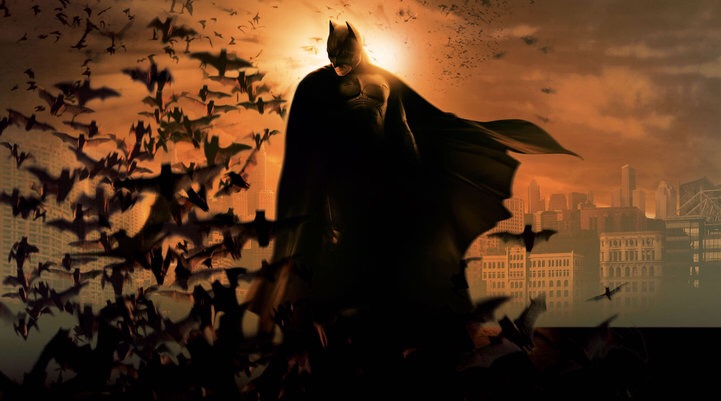
Hailed as the largest fan movement in cinematic history, let alone DC Comics history, “the Snyder Cut” of 2017’s cinematic juggernaut Justice League, officially known as Zack Snyder’s Justice League, presents a unique situation for a fandom that has finally been granted what they have been clambering for years for. Indeed, with HBO Max’s launch this past May, Warner Media is surely banking on the public interest of what Zack Snyder’s Justice League is to bolster subscriptions come 2021. Additionally, the “Snyder Cut” presents an even greater anomaly for its distributor: Warner Bros Pictures. With the release of three mostly liked DC films in Aquaman, Shazam, and Birds of Prey, the studio has been making every effort to pull away from the financial and critical disappointments of the DCEU and recoup their losses. The upcoming HBO Max release of Justice League forces the studio back into the failures that they are so desperately clawing away from.
Partially the reason why The Snyder Cut is such a black sheep amongst a herd of its snow-white brethren is that it was conceived nearly entirely by the fans. Leading executives at Warner Media have confirmed on record that it was solely the overwhelming fan movement, headlined by the hashtag #ReleaseTheSnyderCut, that brought Zack Snyder’s Justice League into fruition. Estimated to be over three hours long, this definitive rendition of the DCEU blockbuster team-up could be split up into multiple episodes as a mini-series or released in its entirety as a complete cinematic experience. The latter option would surely be the most welcomed by fans, especially if the Snyders can also secure a theatrical showing of the version, but it simply is not likely. A mini-series release strategy is the best way for AT&T-Warner to maintain a fluid HBO Max subscribers base, ensuring that there is not a slew of cancellations after the “Snyder Cut” is released.

But regardless of how it is released, most fans are thrilled at the prospect that it even is being released. Indeed, for an industry so bent against consumer-managed production, Zack Snyder’s Justice League sends a message to all studios and distributors in Hollywood, especially if the project can upend the fledgling HBO Max service’s popularity. It could pave the way for other releases as the DC Comics fandom has been quick to begin championing an “Ayer Cut” for 2016’s Suicide Squad. As of now, the likelihood of the 2016 anti-hero tale which was bashed by critics and fans alike being quintessentially remade is unlikely, optimistic at best even.
Additionally to just the industry impact though, while not many details have been revealed on the exact details of the “Snyder Cut’s” content outside of Darkseid in a recent clip, it is more than likely that Zack Snyder’s Justice League will include scenes and motifs that foreshadow the visionary director’s original plans for the franchise which will never come to fruition. Indeed, in a landscape where original releases like Joker, The Batman, or even Wonder Woman 1984 to an extent, these set-ups for films that will likely never happen may confuse the public audiences, let alone disappoint the fan base. In conclusion, though, no one, outside of studio insiders and the version’s filmmakers, is quite sure about what Zack Snyder’s Justice League is. It could be the industry change that elevates consumer participation, or it could be a one-time event, meant only to boost HBO Max subscriptions. Nevertheless, Zack Snyder’s Justice League could be the perfect swan song for a fandom and studio to honor the casts and filmmakers of the ambitious trilogy whilst also finally bookending Snyder’s DCEU with a climactic bang. For the fans of the original DCEU’s releases (Man of Steel, Batman v Superman: Dawn of Justice, etc.) though, that may just have to do.




